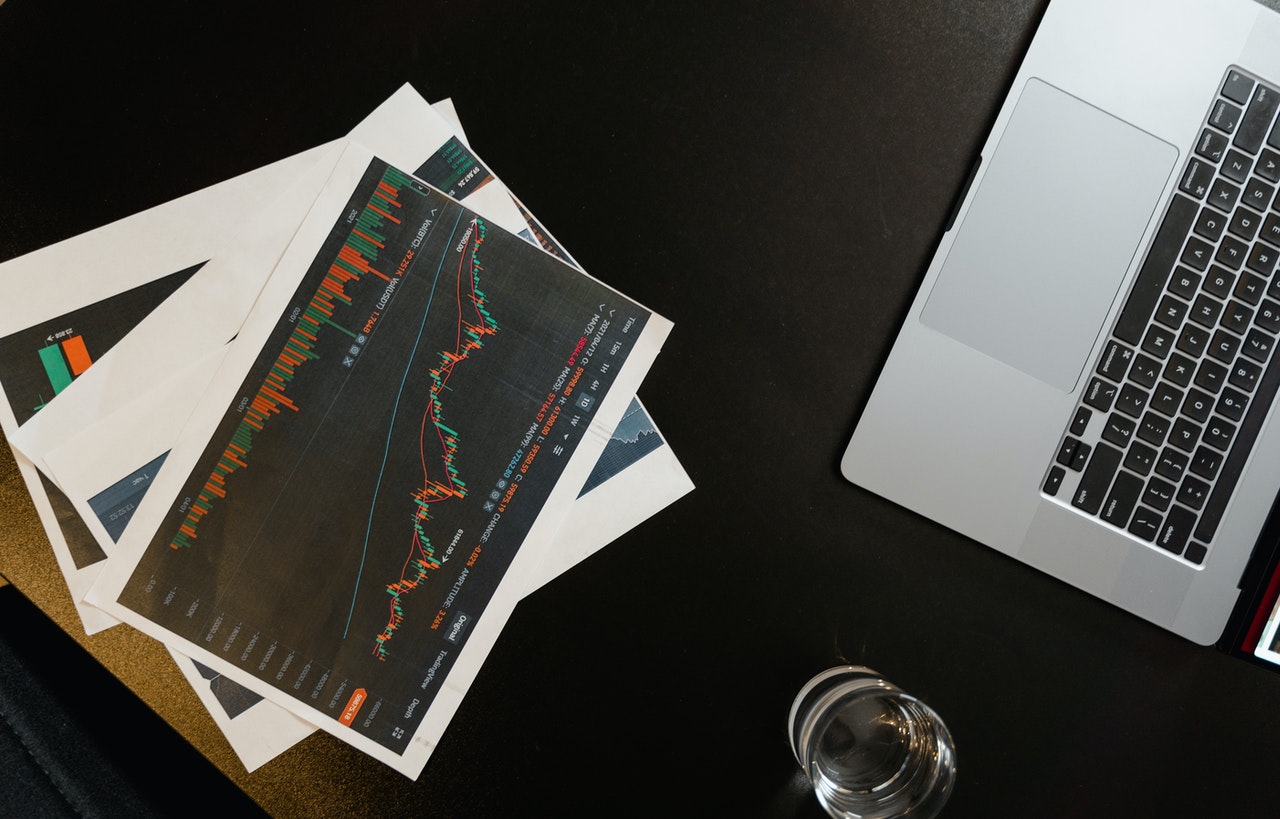
The Difference Between Stock Trading and Investing
admin
- 0
People use stock trading and investing interchangeably, but there is quite a difference between them. Stock trading involves buying and selling stocks over the short term for quick gains but investing consists of investing in stocks for the long haul to get long-term gains.
So, while both kinds of trade involve seeking profit through the stock market, traders in these categories pursue this goal using different methods. This article explores the primary difference between stock traders and investors
Stock Trading vs. Investing
One of the main difference between the two is that traders focus on technical factors while investors are more interested in a company’s long-term projections. The most important thing for stock traders is the next direction of the stock and how they can profit from the move. Investors look at profit from the long-term. They hold their shares over several years’ market ups and downs.
Unlike investors, traders often take advantage of small mispricing in the stock market. For example, when a country experiences an event that temporarily pushes down the price of a country manufacturing company, traders like taking advantage of these small mispricing.
Once temporary mispricing is corrected, traders often focus on finding other temporary mispricings to profit from. On the other hand, stock investors focus on a company’s potential for long-term growth or value.
Different categories of stock traders are classified by the duration of time they take to open and close a trade. Scalp traders maintain a position for a couple of minutes. On the other hand, day traders focus on keeping a position within a day while swing traders invest for weeks or days.
Tips on How to Trade Wisely
If you are a beginner in stock trading, here are a few tricks you could use to minimize your risk:
- Create a trading strategy and a plan that will dictate when you will sell or buy. You can decide to sell or buy when the stock prices rise or fall at specific percentages.
- Stick to the plan. It is always good to stick to the plan and avoid making decisions on intuition or impulse. Making a trading decision based on a subjective judgment is a mistake that both novice and experienced traders make.
- Trade with an open eye. Even the most experienced stock traders use algorithms to identify trade positions any small inefficiencies in the market. When the margin of opportunity is as slim as 0.01% profit on millions of dollars, most novice and average persons are priced out of the trading field.
- Set an investment budget. You need to develop an investment budget equivalent to the amount of money you would afford to lose. Never trade beyond the budget or borrow money from brokers to trade in stock. You should invest about 5-10% of your portfolio. An amount greater than 10% would be too risky.
- Know what taxes you are liable for. Although you can take a tax deduction for trading costs, there could be other types of taxes that you may owe. For example, if you trade stocks that give short-term gains, the money you owe in taxes ranges from ten and thirty-seven percent.
- Investing wisely. You should invest in a way in which your long-term wealth is increasing. Investing in the stock market in the long haul could offer you a better retirement plan than the traditional retirement savings plans.
Bottom Line
Stock trading and investing are quite different. While stock traders aim to get quick gains from short-term trades, investors aim at gaining profit in the long haul. It is hard to pick a trading strategy that is better than the other between the two. The best trading strategy for you highly depends on your personality.
However, you need to master as much experience and knowledge in forex before you trade in stock. This will help you create and stick to your investment plan, thereby selling, buying, and rebalancing your stock holdings. You should also be prepared for the long haul by considering the future. Stock markets are volatile; patience and discipline will help you stick to the markets’ ups and downs. Short-term traders may offer you small gains, but investing in the long haul is more sustainable and less risky.


